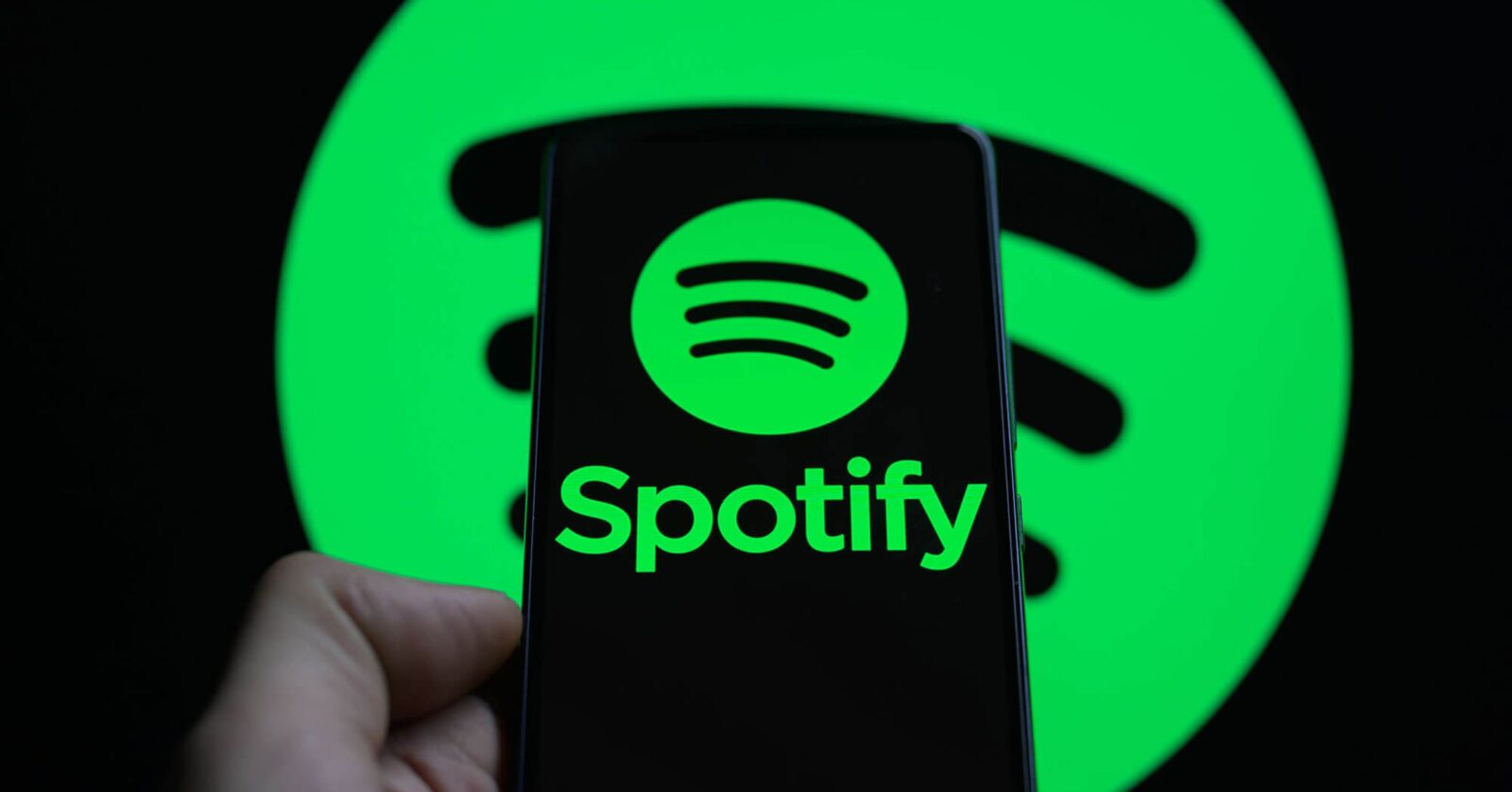Spotify Plans On Allowing Users To Remix Their Own Audio – Which Could Actually Be Good For Artists
The streaming giant’s plans to introduce such features aim to adapt to the industry’s growing demand for ‘manipulated audio’ – while still keeping it profitable for artists on the platform.

Courtesy of Jonathan Raa/NurPhoto via Getty Images
Courtesy of Jonathan Raa/NurPhoto via Getty Images
According to an exclusive report from the Wall Street Journal, Spotify may be gearing up to provide its users with the necessary tools to make their own remixes and custom versions of their favorite songs –– similar to the ‘manipulated audio’ that is prevalent on platforms such as TikTok.
The rise of ‘manipulated audio’ has emerged as a recent trend over the past two years, which features alterations to popular songs that include speed adjustments and pitch modifications that have reshaped consumption patterns and industry strategies. A recent study by Pex earlier this February focused on this phenomenon, revealing that a staggering 38.03% of 100 million audio tracks from TikTok have undergone some form of speed or pitch modification –– a stark increase from the 24.55% from their 2022 analysis.
To address the escalating demand for such modified tracks, Wall Street Journal’s report mentions that Spotify is in the works to enable their users to create sped-up or slowed-down versions of songs that are unique to their preferences. This move, aimed at capturing the attention of the younger demographic while simultaneously unlocking new revenue streams for artists, showcases the platform’s commitment to innovation in the fiercely competitive music streaming landscape.
Sources familiar with Spotify’s plans suggest that rights holders would receive compensation for streams of user-edited versions of tracks, although discussions on licensing agreements are ongoing. The envisioned feature could empower listeners to curate personalized collections of modified songs within the Spotify ecosystem, albeit with restrictions on sharing outside the platform.
Initial details from the report hint that basic song modification tools may be accessible to Spotify’s Premium subscribers, priced at $10.99 per month. Yet still, whispers of a ‘Supremium’ tier, speculated to offer advanced song-modification capabilities among other perks like 24-bit Lossless music, continue to fuel anticipation.
However, as Spotify charts its course towards legalizing user-driven audio alterations, the prevalence of unlicensed modified tracks presents a multifaceted challenge for rights holders. Whether stemming from user-generated content on platforms like TikTok or orchestrated by malicious actors to manipulate streaming metrics, unauthorized modifications underscore the need for robust safeguards to protect creators’ rights in the digital age.
As it stands, some artists have adapted to the industry’s demands for ‘manipulated audio’ –– with many releasing sped-up, slowed-down, re-pitched, and acapella renditions to some of their biggest hits on streaming platforms. Established pop figures such as Ariana Grande, SZA, Sabrina Carpenter, and Dua Lipa have adapted in their own respective ways, while even rising stars like K-pop act ILLIT have joined in on the phenomenon as well in order to combat other third parties from profiting off from doing it on their own.
Some users manipulate full tracks and fraudulently upload them to Spotify and other streaming services, where they can rack up millions of streams—and royalties that don’t flow to the original artist. But with the platform’s forthcoming plans to introduce such features, perhaps this form of piracy can be prevented even further.
